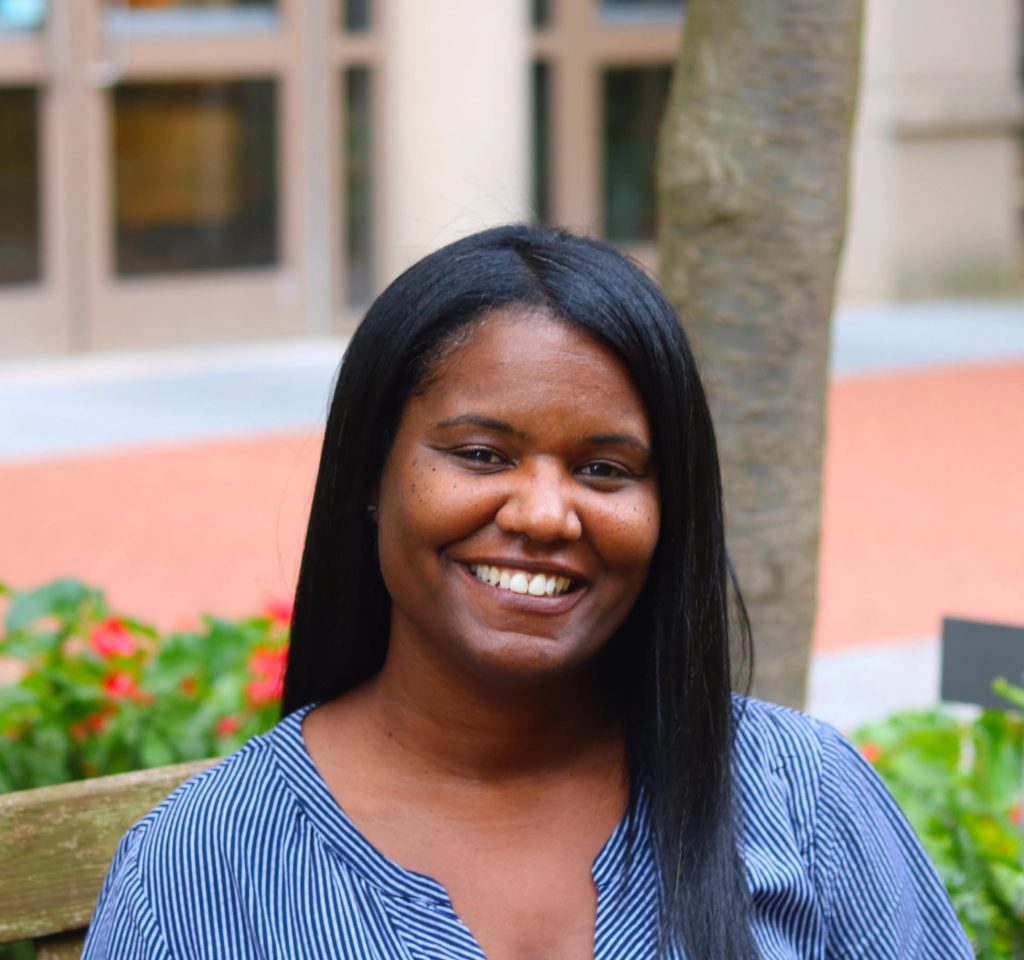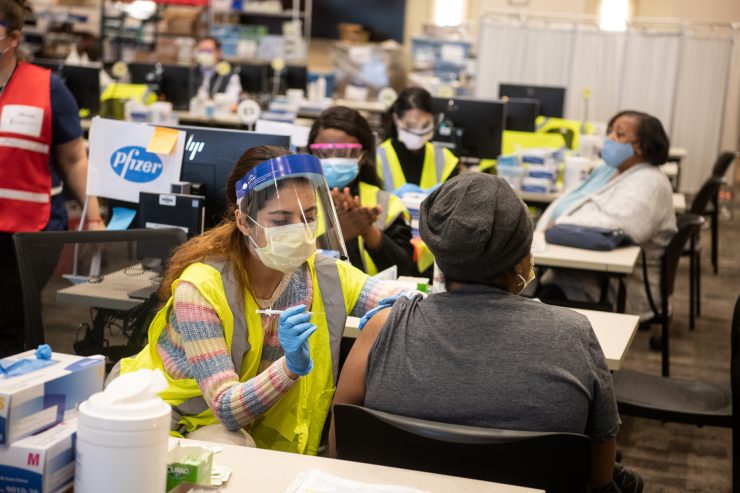Acknowledge structural racism. Learn about the issues. Self-reflect. Act.
These are the steps Shani Fleming, MS, MPH, PA-C, associate professor and chief equity, diversity and inclusion officer, University of Maryland Graduate School, believes physician assistants (PAs) and other health care providers must take to address racial health disparities in their patients.

Fleming says social determinants of health, such as living and working conditions, health care access, poverty, and environmental hazards, are central to the racial health disparities that have been brought to the forefront by the COVID-19 pandemic.
“How we are positioned in this world has a huge impact on health outcome, and you can’t separate one from the other,” said Fleming, who serves on the executive leadership team of the Graduate School’s Physician Assistant Leadership and Learning Academy (PALLA), a statewide initiative to advance PA education, research, and policy.
Providers need to “do personal work on how bias shows up in your daily experiences: Don’t get stuck in that denial of ‘I am not a racist, I don’t have privilege.’ Health care providers and PAs should continue to challenge themselves and self-reflect, then use their position to demand changes within the system. Are our practices and policies excluding some while benefiting others? And then work from there.”
Fleming will give a virtual presentation in May at the American Academy of Physician Assistants conference, examining topics such as structural racism, the history of racism in medicine, racism as a public health concern, and the role of PAs in social movements. She also has an article, “Structural Racism, Health Disparities, and Opportunities for PA Practice,” accepted for publication in the Journal of the American Academy of PAs.
Over the past year, minority populations have been disproportionately affected by COVID-19 hospitalizations and deaths, and they have had limited access to vaccines or may be hesitant to get it because of years of medical mistreatment.
“It’s real. These aren’t conspiracy theories or lack of education. We shouldn’t discredit people’s fear and hesitancy around the government and medical system. Structural racism is the foundation of medical history, and mistreatment of people of color is based on facts,” Fleming said of medical abuses.
She said that getting the vaccine to minority populations must be “intentional,” pointing out that obstacles, in addition to medical mistrust, include transportation, work hours, clinic location, immigration status, and health literacy.
“We must address practices and policies that are excluding others and reimagine a fully inclusive system,” she said.
Fleming said health care providers cannot separate social movements such as Black Lives Matter from the treatment of their patients.
“We need to be able to look at patients holistically,” she said. “You can’t separate me, Shani, a woman of color, from what happened to Breonna Taylor because I see myself in her. It could have been me, and this realization creates enormous anxiety and sadness. If you are not engaged in what’s occurring outside of your clinic walls, then you’re not able to treat the whole patient or what may be at the root of the symptoms. For us to be effective at healing and achieving the best health outcome, we have to be aware of what’s happening externally.”
She called the social movements “a cry for help,” adding that “we have to get engaged if we truly value the health of all patients — being a part of your community, advocating to legislators, reforming curriculum, and empowering your students. PAs and other health care providers can be actively involved at every single level.”
Fleming said she became interested in racial health disparities when she started PA school and was the only Black student in her class.
“I was the only one talking about health disparities perhaps because it affected me personally, affected the community that I grew up in and my family members,” she said.
Fleming advises that health care providers should address not just individual biases but also look at the system as a whole, even if it can feel overwhelming.
“We have to be comfortable being uncomfortable,” she said. “We hold tremendous power as health professionals, educators, and researchers to make significant change and move toward the ultimate goal of health equity.”




